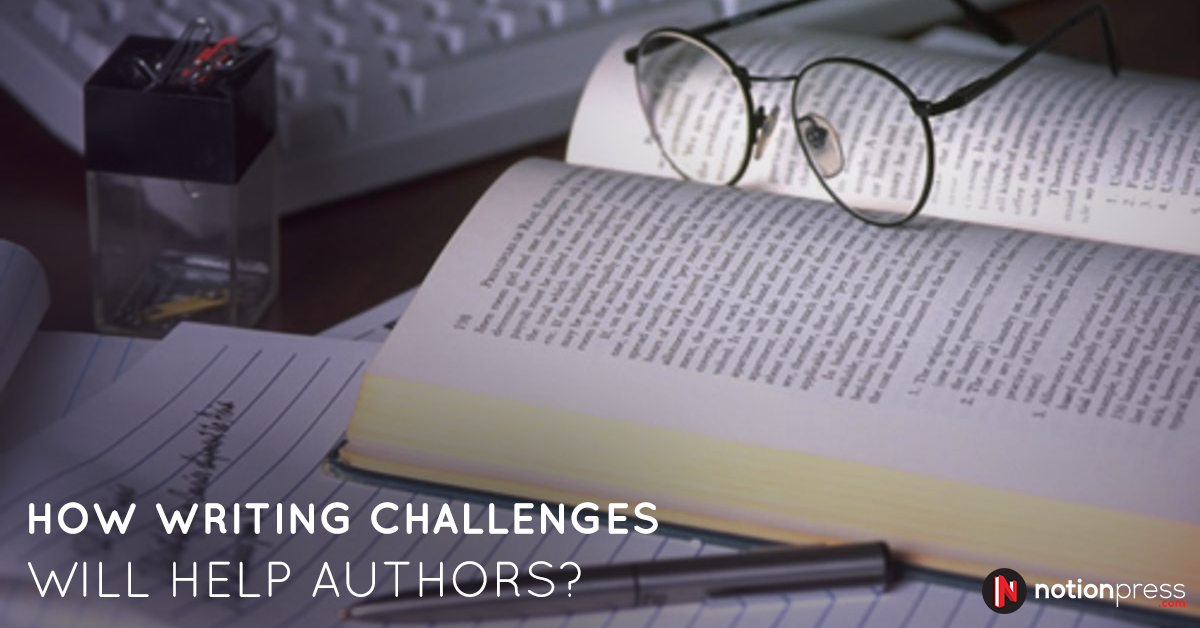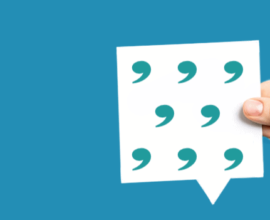How Writing Challenges Will Help Authors
Being a writer can have its perks; you write without restrictions, you earn plenty provided your book sells well and, there’s a chance that your book is adapted into a movie. But, like most other professions, writing comes with its set of challenges, which are arguably the hardest to overcome. Ultimately, the challenges you face only make you better as a writer. So instead of sweating over them, learn to embrace every hurdle you face. Here are five challenges even the world’s best writers face quite often.
The starting problem
So you’re sitting at your workstation, you’ve got your computer in frontof you with a blank Word document open, and probably the entire story etched out with all details, great and small, in your brain. But you can’t seem to find the energy to transfer the idea and vision you have in your head into words and onto the document. If you’ve faced such a challenge, don’t worry. You’re not alone. Creating something from nothing is a writer’s gift, but a gift you must earn through persistent habit-building.
New York Times bestselling thriller author Joanna Penn says, The biggest writing challenge actually continues to be sitting down to write”. Joanna advises writers to clear their mind before beginning,.Talking about her struggles with starting a piece of her own work, she insists on plugging in a pair of headphones and listening to rain and thunderstorms on repeat. “It helps me write in different physical places and drowns out the distractions,” she says.
The only way to overcome this hurdle is to get into the habit of writing small parts of your big project on a regular basis. You don’t have to worry about which part of your novel you could work on first, simply dedicate yourself to writing a single sentence or a small paragraph. Another way to give you a little kick-start is to structure out a wireframe; build the skeleton of your book by listing the possible chapter names.
Lack of ideas
There will be times when you find yourself completely unsure about what to write. Getting that little spark in your head, that small idea that could be transformed into a big story is a challenge worth facing. If you’re writing non-fiction, there is a whole lot of information to feed on, but fiction writers have to build an idea from scratch. Where do you get an idea from? On asked why he writes such terrifying novels, here’s what world renowned horror novelist Stephen King says:
“I begin the story creation process by imagining a ‘what if’ scenario, such as what would happen if a writer is kidnapped by a sadistic nurse in Colorado”. King explains his inspiration for writing began when he found a list of short story collections by H. P Lovecraft titledThe Lurker in the Shadows. The collection had belonged to his father, further motivating King, in which he states, “I knew I had found home when I read that book”.
Similar to Stephen King, a good number of popular writers credit real life experiences as inspirational sources for their novels. It is said that the easiest inspiration comes from your deepest, darkest fears and converting those fears into good reads could be easy. A useful way to keep track of your ideas and build on them is to start with short stories, upload them on your blog and regularly update it every time an idea strikes. Soon enough, you’ll have enough content to convert your blog into a full-fledged novel.
No time at all
It’s quite normal for first-time authors to opt for a day job to guarantee a steady paycheck while they work on their novel. But there may be situations where your job is filling up most of your time, rendering it difficult for you to sit on your book. Procrastination is the working mind’s biggest enemy, so if you are keen on getting your novel up and running for the public eye, you must learn how to balance your day job with your writing.
A great example of dedicated writing hours can be taken from Stephen King who says, “Read and write four to six hours a day. If you cannot find the time for that, you can’t expect to become a good writer”. Stephen is known to have a strict writing regimen where he sits for six hours every day and doesn’t get up till he reached a quota of two thousand words.
If your day job is preventing you from taking up a regular writing regimen, make full use of the weekends; instead of lazing and wasting the day, take up a recreational activity that involves the good use of a pen and paper or a typewriter
Writer’s block
Writer’s block can be painful to deal with when it hits.Many famous authors have gone through this phase only to have come out of it stronger and more determined to write. If you find yourself going through a block, don’t fret as it is a healthy experience to have. A block may be a sign that you need to ease off on the writing and experience something else that could add to your skills as an author.
Popular writing coach Joel Friedlander explains, “Dealing with writer’s block wasn’t easy as I spent most of my writing on corporate write-ups for other people’s agendas. I had no access to my creative potential, which hit me hard”. Joel eventually signed up for a free-writing group, where he learnt many free writing techniques that opened the floodgates to his creativity.
Joel’s method of free writing is just one of the many ways you can overcome writer’s block. It takes a lot of perseverance and practice to break the block, and once you’re out of it, you’ll have so much to write about.
Being all by yourself
The old saying goes, “Good things come in pairs”, and such a quote could prove true for writers. If writing solo isn’t working out for you, seek out an additional helping hand to set things in motion. With two creative brains working together, the chance of producing a fantastic piece of literature is multiplied tenfold.
The eighth instalment of the Harry Potter series, titled Harry Potter and the Cursed Child was collaboratively written by Jack Thorne, John Tiffany and J.K Rowling. Pitched as a stage play, the eventual release of the paperback edition was well received as it provided a fresh, unexpected twist to the tales of Harry and his friends.
Finding a pen-pal shouldn’t be too tough thanks to the rising number of book clubs in the country. You could also apply for book writing competitions and make other writers aware of your presence through forums and blog promotions.
If you’ve overcome these hurdles yet still have the competitive writing spirit in you, you can test your skills in the challenges mentioned below.
Need to give your blogging a boost? The Ultimate Blog Challenge, held every quarter of a year, invites bloggers of all genres to write and share new posts every day for a month. While doing this can help you build traffic for your blog, it is also a great idea generator, thanks to the dedicated Bloggy Robot who churns out trending topics for you.
Popularly known as NaNoWriMo the initiative challenges any novel writer to get fully focused on his /her novel during the entire month of November. The challenge is to write to least fifty thousand words by 11:59 on November 30. You can keep track of your progress through NaNoWriMo’s various support programs and even use the initiative as a promotive platform once you complete your book.
No matter the challenges of writing an author faces every day, the biggest hurdle will always be the task of promoting the book. How do you make that task less stressful? By signing up with a top self-publishing platform!







Pingback: How Writing Challenges Will Help Authors | Book...()